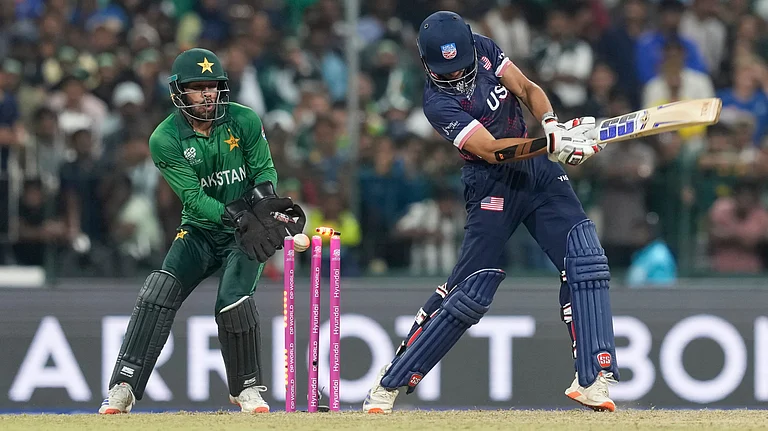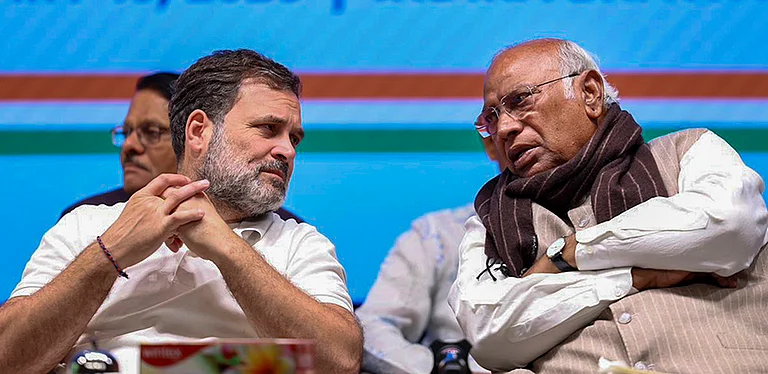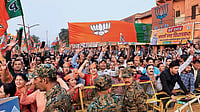Political scientist and India-watcher Christophe Jaffrelot took some questions from Outlook. Excerpts:
On the rising power of corporates: The rising power of the business community makes sense in post-1991 liberalized India. While it suffered from clear opprobrium under the Nehruvian pattern, the private sector has become the role model in India—like elsewhere. Middle class people may even think that the nation-state should be managed like a company, that it would perform more effectively if the country's leaders went only by meritocratic values—which would put reservations into question for instance. Interestingly, this discourse downplays the role of the private sector in corruption cases. The guilty men are the politicians who take money more than those who give.
On Narendra Modi and big business: Narendra Modi needed to embark on an alternative repertoire after the 2002 pogrom and he chose “development”. For that, he needed the money of the private sector and he has been able to attract huge investments (not as much as he claims though) by changing the rules of the game. The decision-making process has become very quick indeed—and has resulted in a form of proximity between capitalists and a BJP politician that only Pramod Mahajan had developed to such an extent before. More importantly, Gujarat’s exchequer is suffering, but that is not what hits headlines—the Nano plant did!
On why politicians seek corporate platforms: This is the "shining India" syndrome. The ruling class is urban and middle class oriented, even when it comes from some low extraction. Incidentally, the Dalit leaders are not hugely different because they are products of the reservations. Since 1991 the gap between Bharat and India (to use Charan Singh's words) is widening. The urban elite is tired of "a-country-of-500,000-villages" and wants to project its modern face instead. This is also the best way to "sale" India abroad: the soft power on which New Delhi can capitalise is located in Bangalore, not in the tribal belt of Chhattisgarh. But the elite ignore more than 50% of the country at their own cost. In 2004, the BJP was punished by the voters because of such miscalculations. And more importantly, you cannot really develop a rural country by not investing more in agriculture—or letting this kind of investment to the private sector. Can Reliance build irrigation canals, in the end? Not in Saurashtra
On the perils of trying to manufacture a US-style Presidential contest between Modi and Rahul Gandhi: This personalization of politics is not specific to the US. It developed in Europe in the context of parliamentary systems. See what happened in UK under Thatcher and Blair? See Merkel in Germany. This is the age of communication when a political party hardly exists if it cannot project a face. It will remain anonymous if its has no family name—this is an additional factor to dynastic politics by the way. The last state elections are a case in pojnt. In Gujarat, it was Modi vs. Who? Nobody on the Congress side. And Modi was a marketing genius when he gave masks of his face to every Gujarati who wanted to identify with him to that extent—plus the NaMo Channel and the 3 D holographs...
On the world outside Delhi and Mumbai: The India shinning syndrome of the early 2000s continues to prevail because the middle class runs the show (where are the Charan Singhs of rural India today?), be they congressmen or BJPwallahs. And, yes, they may face strong opposition from villagers. But urbanization is making progress and money plays also an even larger role in politics—so they my get away with it… and let the red corridor grow. The question mark that remains pertains to the state parties: will they endorse non-middle class interests, and get the upper hand? A Third Front of that kind cannot be ruled out today.
On the greater role being played by India Inc in making laws and political activity in recent years: Democracy is affected when money plays a major role in the electoral arena and helps to suppress dissenting voices, like in the US. It also affects democracy when paid news become THE news. Regarding laws, we could mention several instances. I would mention only one: the RTI Act. Although it is a great achievement, the law makers have excluded the private sector from its purview and this is definitely making some Indians more equals than others. Hopefully the Indian judiciary will resist this kind of trend.
An edited, shorter version of this appears in print


























